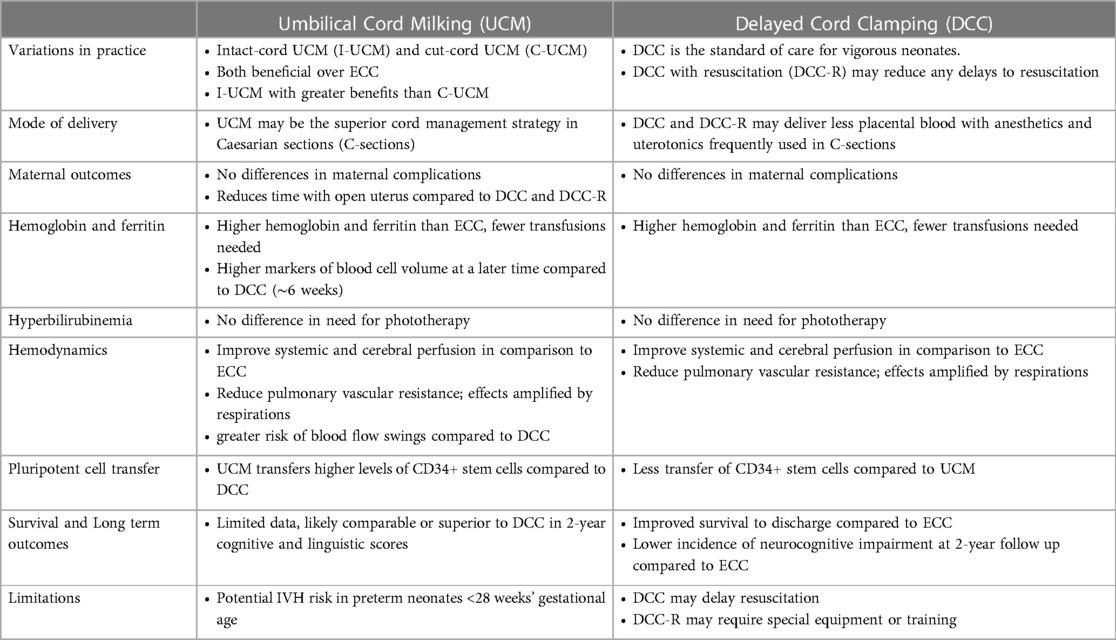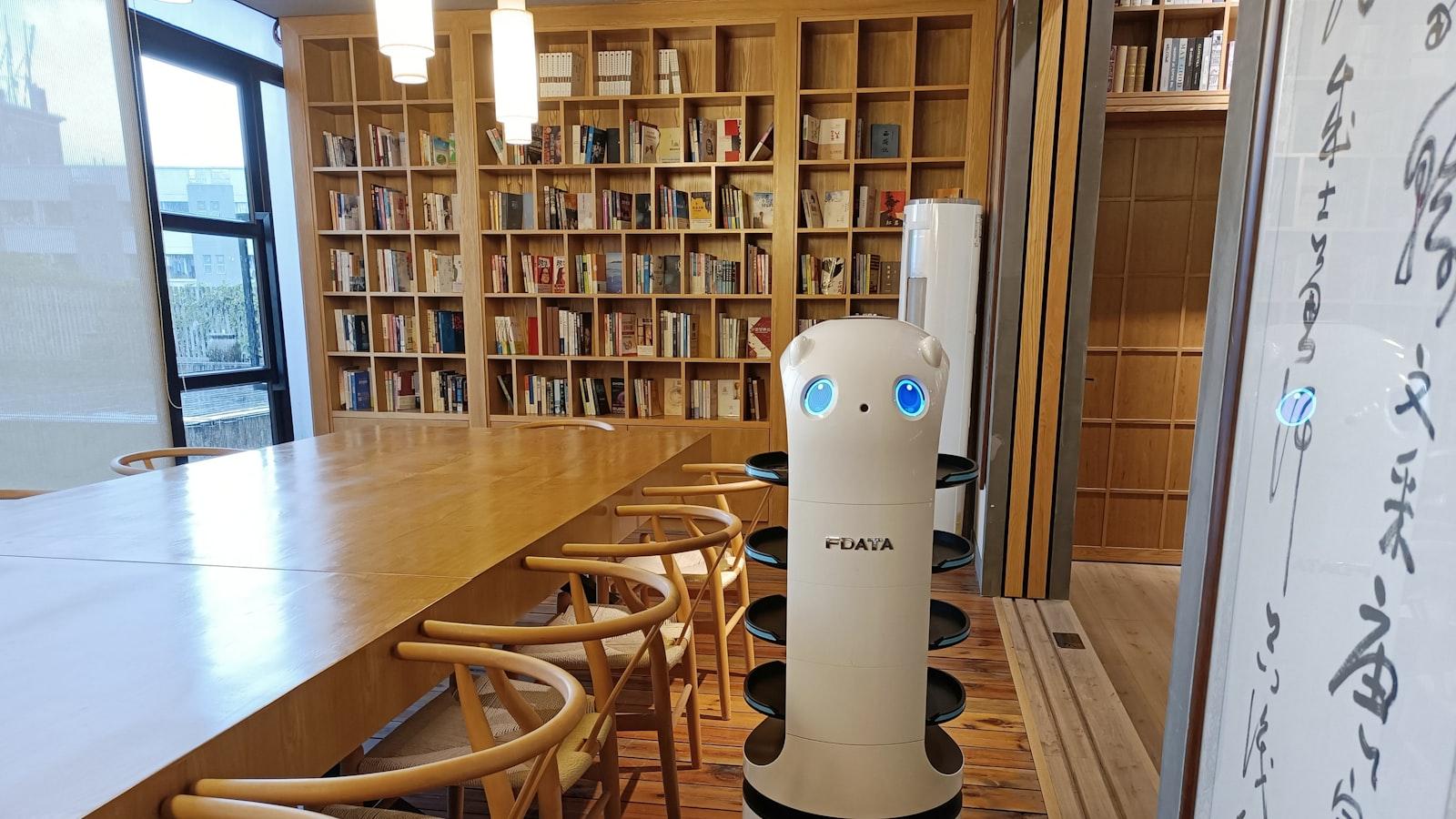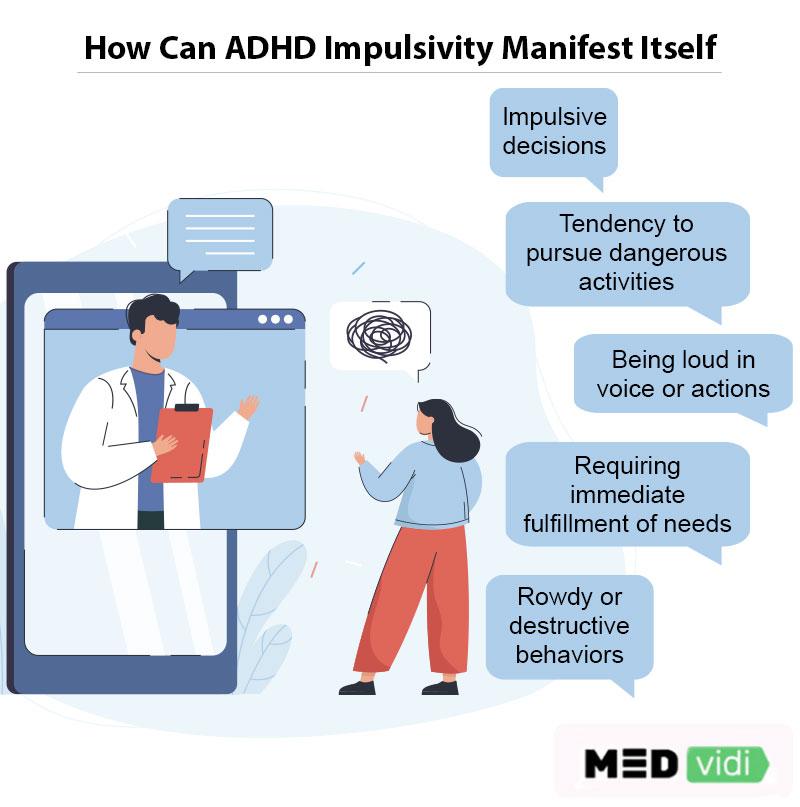In a world filled with constant noise and distractions, it is truly remarkable how the human brain can effortlessly navigate through echoes to enhance speech clarity. Recent research has shed light on the brain’s remarkable ability to master echoes and segregate direct speech from distorted sounds, providing valuable insights into the complexities of auditory processing.
A study conducted using magnetoencephalography (MEG) has revealed that despite the challenges posed by echoes, the brain can process and understand speech with remarkable accuracy. Even when echoes lag by at least 100 milliseconds, the brain is able to separate the sound into distinct streams, achieving over 95% accuracy in speech perception. This discovery has not only fascinated researchers but also posed interesting questions for audio engineers who have long grappled with the challenges of echo cancellation and speech recognition technology.
The brain’s ability to master echoes and enhance speech clarity is a testament to its incredible sensory processing capabilities. By effectively isolating direct speech from echoes, the brain ensures that communication remains clear and coherent, even in noisy environments. This remarkable feat showcases the brain’s sophisticated neural mechanisms and its ability to adapt and optimize sensory inputs for better cognitive performance.
One of the key factors that enable the brain to master echoes is its remarkable plasticity, allowing it to constantly adapt and reorganize neural pathways in response to changing environmental stimuli. This flexibility enables the brain to filter out irrelevant information and focus on the most important auditory cues, such as direct speech, despite the presence of echoes and background noise. This highlights the brain’s incredible efficiency in processing complex auditory information and underscores its importance in facilitating effective communication and speech perception.
Furthermore, the brain’s mastery over echoes has important implications for speech therapy and language learning. By understanding how the brain processes and segregates speech from echoes, clinicians and educators can develop more effective interventions to improve speech perception and communication skills in individuals with auditory processing disorders or language impairments. This research opens up new possibilities for developing innovative therapies and interventions to support individuals with communication challenges and enhance their overall quality of life.
In conclusion, the human brain’s ability to master echoes and enhance speech clarity is a testament to its incredible sensory processing capabilities. Through sophisticated neural mechanisms and remarkable plasticity, the brain can effectively segregate direct speech from distorted sounds, ensuring clear and coherent communication even in challenging auditory environments. This research not only deepens our understanding of the brain’s complex auditory processing mechanisms but also paves the way for innovative interventions to support individuals with communication challenges. As we continue to unravel the mysteries of the brain’s remarkable abilities, we gain valuable insights into the intricate workings of the human mind and the endless possibilities for enhancing cognitive function and communication skills.





